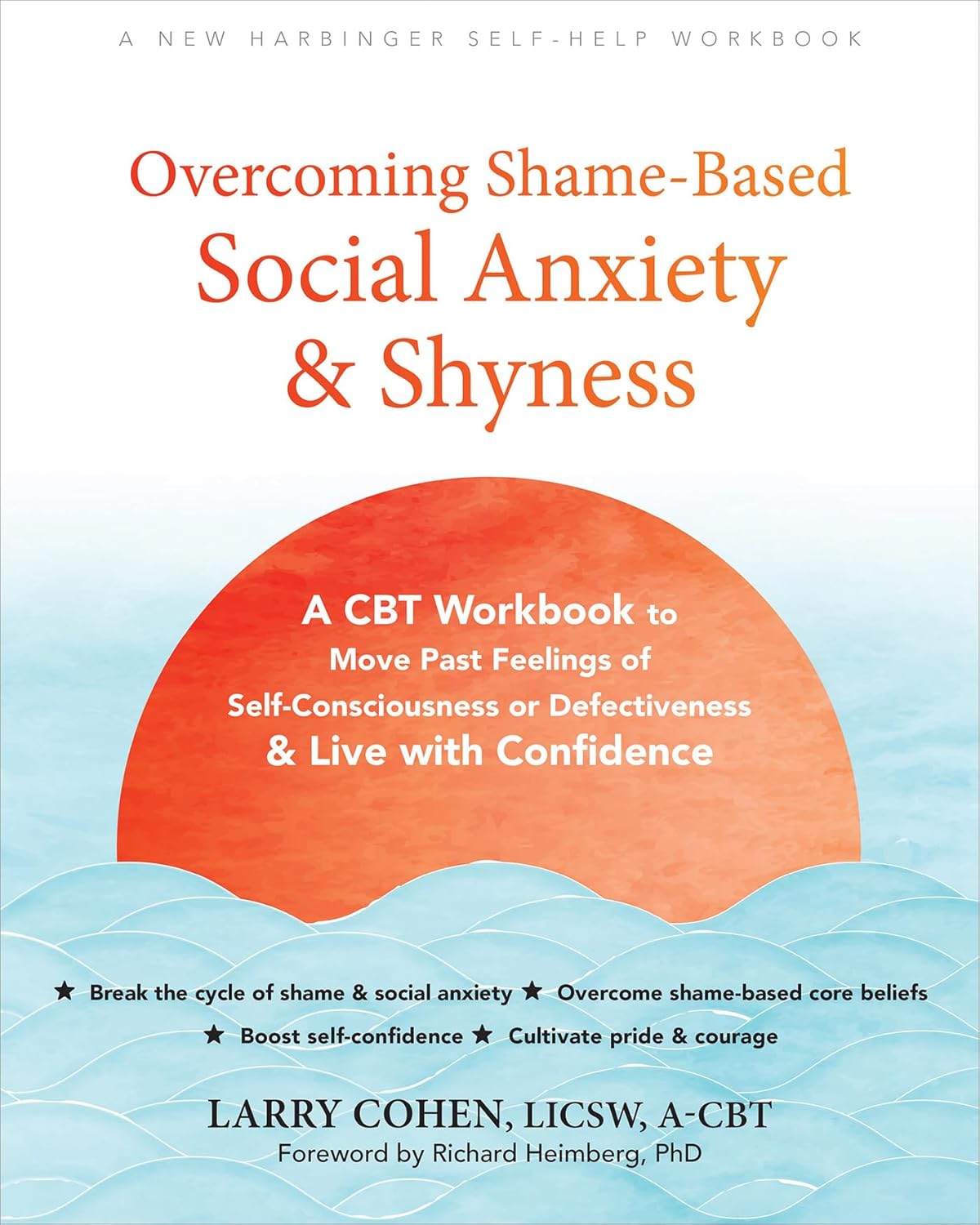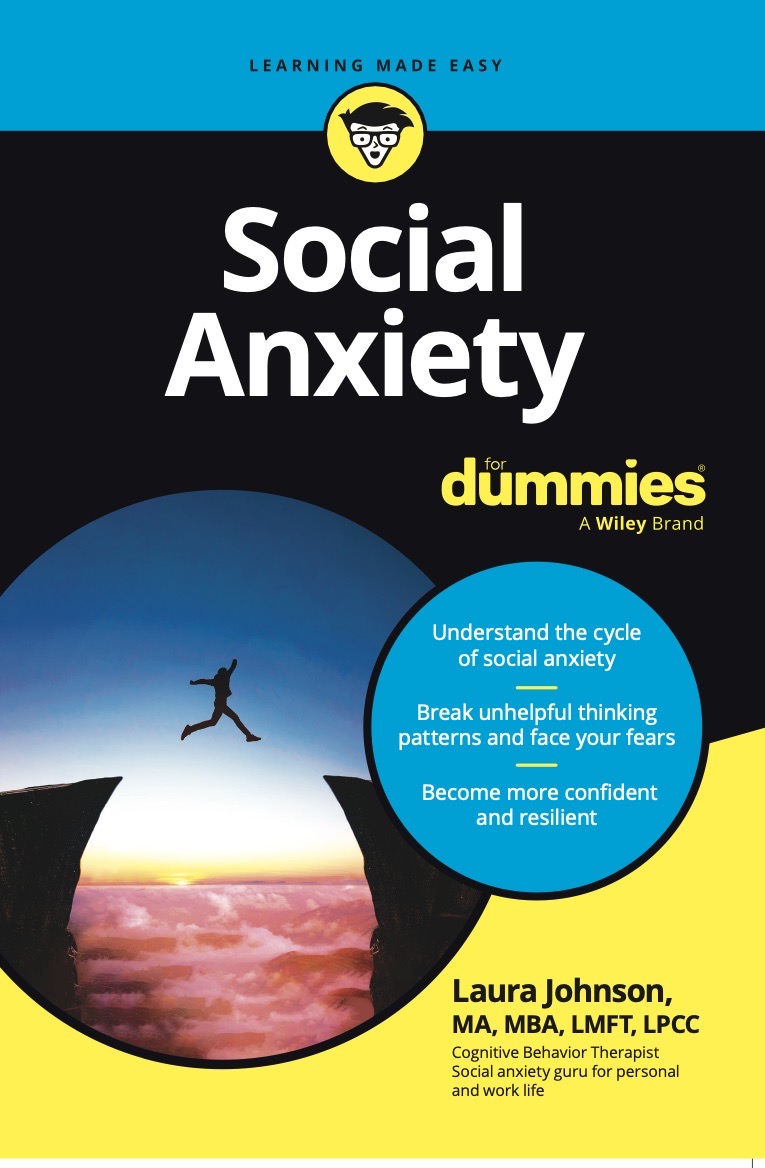Social anxiety can often contribute to people feeling like they are alone. Automatic thoughts such as, “I’m too awkward”, “I can’t make friends”, and “Everyone thinks I’m weird”, are hallmarks of social anxiety. These thoughts can make it difficult to reach out for help.
Core Benefits of Group Work
Group therapy for social anxiety has been shown to help! Groups provide a safe place where individuals can gain support and understand that their struggles are common.
Yalom, in his book, The Theory and Practice of Group Psychotherapy, states some of the benefits of group therapy as follows:
- Universality: Individuals with social anxiety often feel that they are alone in their struggles. Groups can help you understand that you are not the only one going through this. Being in a group setting with others who are working toward the same goal can help deter the feelings of isolation. It can also provide relief to know that the struggles you are having are common.
- Altruism: Helping others feels good. A group setting provides an opportunity to help others by inviting feedback between group members. Group members find that being able to provide others with support and advice is empowering, and can help respond to negative thoughts about their self-worth.
- Feedback: A key practice that occurs in social anxiety groups is the opportunity to work on social skills in the moment. Individuals often have a perception of how they engage socially. A group setting is an opportunity to get real-time feedback on social interactions and to practice new ways of engaging. Let’s say a client gets the feedback that her effort to give people space when she first meets them is perceived as rude or standoffish. Having gotten that feedback in group, she can now practice acting in a way that is more inviting of friendships.
- Practice: Groups also contain a built in way to practice Cognitive Behavioral Therapy exposures. Exposure therapy is designed to safely allow a person to approach their feared situation in a hierarchical way. In a group, you already have a supportive environment to practice engaging these fears such as giving a speech in front of an audience or having safe people to practice small talk with.
- Education: Groups also allow for learning through modeling and observing. Seeing someone else work through his or her fear can be motivating and encouraging. It gives the opportunity to see how others work through an exposure and allows each person the ability to model their success.
- Financially: Group therapy is a cost effective way to provide treatment, particularly for social anxiety disorder, where the nature of the struggle lies in interacting with other people. Groups are typically less expensive than individual therapy services and are shown to be just as, if not more, effective (Hofmann, 20).

Overview- CBT Group Therapy for Social Anxiety:
Cognitive Behavioral Group Therapy is considered the “gold standard treatment for social anxiety” (Hofmann, 20). It focuses on both the negative thoughts associated with social anxiety and the resulting emotions and behaviors (or avoidances). In a CBT group for social anxiety, the goal is to learn that social situations are not as threatening as they seem. This is done through first identifying and then challenging the negative thoughts. A person will take the time to think about what is it that they are afraid will happen in a social situation, and then they test it out. Group members learn to set objective goals for themselves and judge their progress based on those goals instead of by how anxious they feel. The group provides warmth and support during this process as well as an outsider’s perspective on the ability of each person to accomplish their goal. This can reinforce the learning process that occurs through the exposures in group.
Group therapy is not the only option for help with social anxiety and it is not always the best fit for everyone. Groups require the ability to provide and receive support and feedback. Individual therapy can be a good stepping-stone to groups when applicable. A combination of group and individual therapy can be an effective approach for social anxiety.
Written by:
Haniyyah Taufique, LPC
The Depression and Anxiety Specialty Clinic of Chicago
NSAC Chicago
References:
Yalom, I. D., & Leszcz, M. (2005). The Theory and Practice of Group Psychotherapy (5th ed.). New York, NY: Basic Books.
Hofmann, S. G., & Otto, M. W. (2008). Cognitive Behavioral Therapy for Social Anxiety Disorder: Evidence-Based and Disorder-Specific Treatment Techniques. New York, NY: Routledge.
Share this blog post











